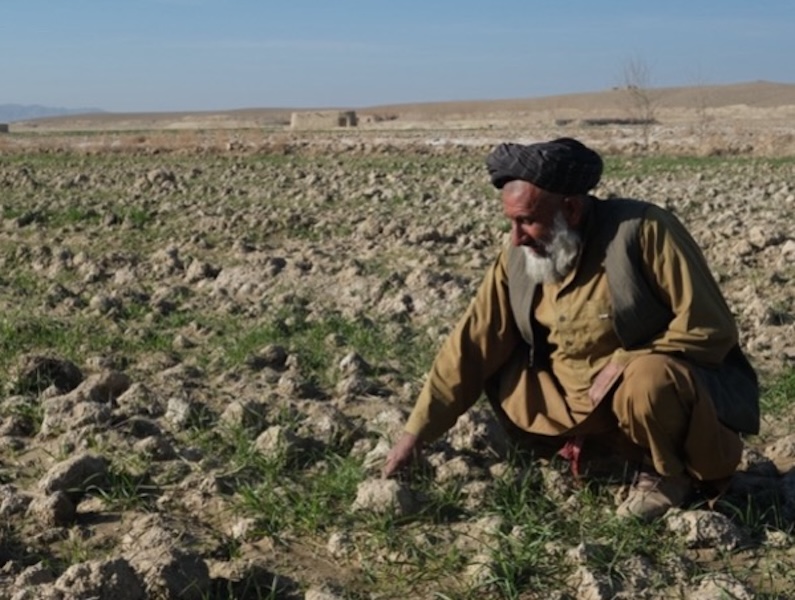Exploring the food insecurity status of Afghan households, the determinants, coping strategies, and support systems in Canada, the U.S., Iran, and Afghanistan after the Taliban’s takeover.

Photo credit: Richard Trenchard, FAO
The main objective of our proposed research is to assess the food security status in Afghan households in Afghanistan, Iran, Canada, and the USA and identify their coping strategies for food insecurity after the Taliban’s takeover while considering factors of time, geography, and socioeconomics. The key research questions to achieve this objective are: (i) What is Afghan households’ food security status? (ii) What influencing factors/determinants (economic, social, environmental, geographical) are associated with Afghan households’ food security and what level is required to achieve food security? (iii) What strategies do Afghan households use to cope with food insecurity? (iv) How is the quality of life of the Afghan people impacted by food security status and its associated factors? (v) What are the existing support systems, and how do they impact the food security status of the target population?
Using a parallel convergent mixed method design, we will explore these questions across four countries (Afghanistan, Iran, Canada, and the U.S.) and make inquiries to compare these questions and responses before and after the Taliban’s takeover. Questions will reflect both qualitative and quantitative avenues and will be assessed through semi-structured interviews with Afghan households and key informants. Our team will be comprised of key partners from academia, non-government organizations, and intergovernmental agencies, in addition to Afghan families from the four study countries. Having a multidisciplinary, multisectoral team comprised of experts in varying fields puts us in the best position to assess the complex intersecting issues surrounding the food security of Afghan families.
Contributors
Hassan Vatanparast (PI), University of Saskatchewan
Daniel Béland, McGill University
Ginny Lane, University of Idaho
Mustafa Koc, Toronto Metropolitan University
Nancy Clark, University of Victoria
Nasrin Omidvar Shahid Beheshti, University of Medical Sciences
Rasoul Sadeghi, University of Tehran
Funding
SSHRC Partnership Development Grant, $199,992
Project Dates
March 22, 2023 to March 21, 2026